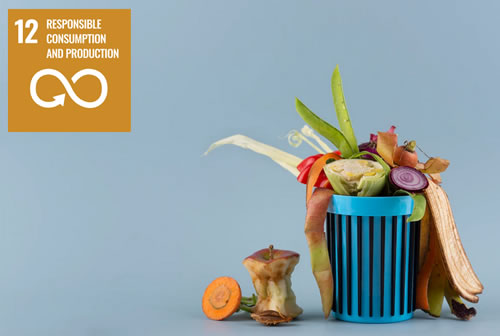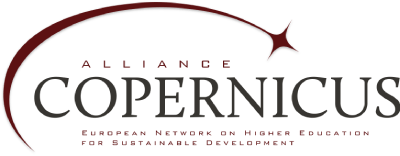The University of the Basque Country (UPV/EHU) responds to its commitment to sustainability by calculating the food waste generated on its three campuses. Recent investigations in the project "Food waste at the UPV/EHU: Measuring to reduce" show the potential for food waste reduction in all canteens and cafeterias.
Since the approval of the EHU Agenda 2030 for Sustainable Development in 2019, together with the panel for Sustainable Development Indicators for its monitoring, the UPV/EHU has made the 2030 Agenda its own and has seen the SDGs as a route map. Specifically, within SDG 12 (Ensure sustainable consumption and production patterns) indicator 39 of the panel refers to food waste. Besides, the UPV/EHU is member of the Basque Country Platform against Food Waste.
During the academic year 2021/22, a project entitled "Food waste at the UPV/EHU: Measuring to reduce" has been developed with the aim of reducing food waste. Its measurement has been based on the methodology used in the European Union, including: a) daily records of waste generated in kitchen and dining rooms, b) characterization of waste by direct measurement and analysis of composition, and c) basic data sheet and checklist of good practices. Of the 16 establishments located in the UPV/EHU, 12 of them have actively participated, representing 56 % of annual diners.
The results show that from the food that ends up as residue, 30.9 % corresponds to food waste – edible part that could be avoided (e.g. leftover bread, chips), mainly generated in dining rooms. 69.1 % are losses – inedible part that is unavoidable (e.g. peelings, shells, bones) and which is mainly generated in the kitchen. At the UPV/EHU level, a total of 14.41 tons of food waste are generated per year. This represents 0.71 tons per year on average per establishment and 5.73 kg/year per diner.
The degree of implementation of good practices was checked in all canteens and cafeterias and a report with recommendations for improvement was presented to each establishment.







